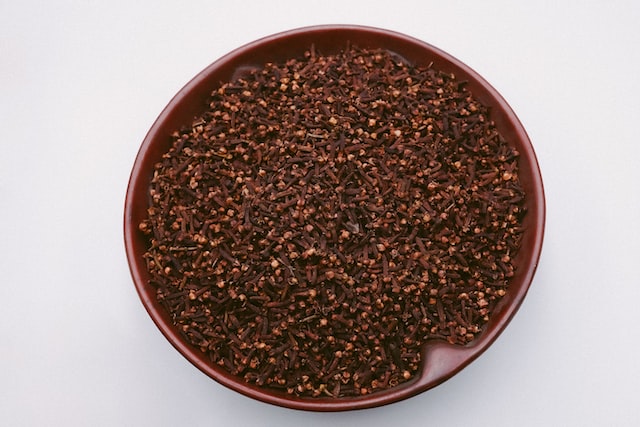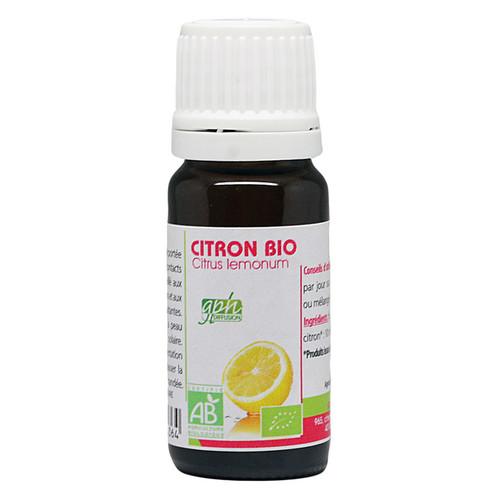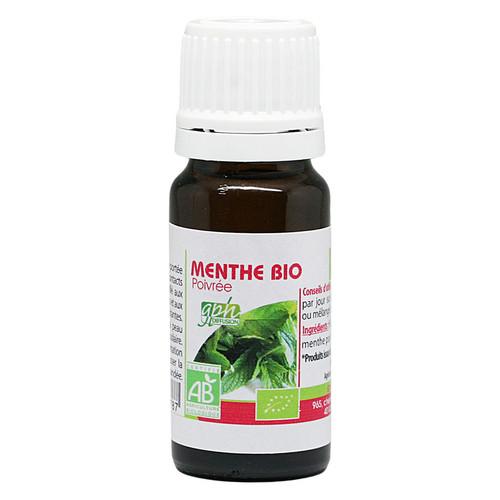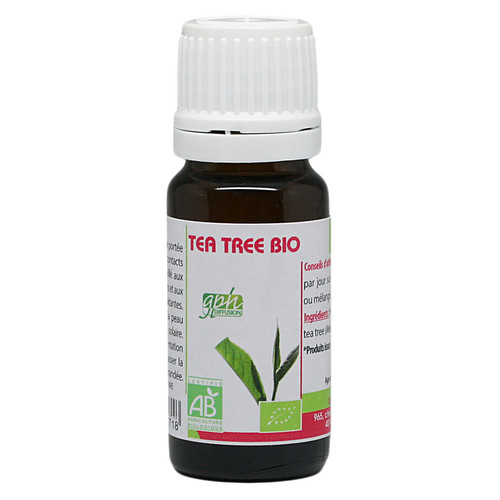Chers Santies,
When it comes to making cleaning products natural essential oils are a great ally. Apart from their pleasant scent, their powerful chemical composition makes them perfect for disinfecting cuts and wounds, but also for disinfecting kitchen floors, sinks, tiles and entire bathrooms. Essential oils include aldehydes, phenols, terpenes and other antimicrobial compounds that make them effective against a variety of pathogens.
Depending on the essential oil used, the disinfectant can either inhibit bacterial growth (bacteriostatic effect) or destroy bacterial cells (bactericidal effect). Some, like sandalwood and vetiver, are more effective against Gram-positive bacteria. Others are more effective against gram-negative bacteria. Many also have antifungal properties.
Almost all essential oils have antimicrobial properties, but some are more popular than others for use as cleaners and disinfectants.
Below is a selection of the essential oils most commonly used in the preparation of homemade disinfectants.
Clove oil, the antibacterial agent
The essential oil of clove is an effective antibacterial agent. It contains between 80 and 95% eugenol, a phenol that destroys cell membranes. Clove essential oil is known to be effective against Salmonella typhi, Staphylococcus aureus and Pseudomonas aeruginosa, some of the most widespread bacteria.
The eugenol in clove also has an anti-inflammatory effect and acts as a mild anesthetic. Mixed with other essential and carrier oils, it can help to prepare an effective disinfectant product. However, this essential oil should not be used by pregnant or breast-feeding women, or by children under 12. Care must be taken when handling it, as it is caustic in high doses (or if undiluted).
Lemon essential oil with stimulating power
L'lemon essential oil is very popular and widely used in cosmetics and homemade cleansers, not only for its antibacterial properties, but also for its energizing and stimulating fragrance.
The scent oflemon essential oil blends well with many other oils, making it an excellent complement to a home cleanser. Lemon essential oil is contraindicated for the elderly, children under 3 years, pregnant women under 3 months and nursing mothers.
Peppermint essential oil
L'peppermint essential oil has powerful antibacterial properties against gram-positive and gram-negative bacteria. It is also known to be antifungal. What's more, it has a pleasant, refreshing fragrance. This essential oil is often used to help disinfect kitchens and bathrooms.
L'peppermint essential oil repels wasps, spiders and mice. Its scent is recognized as effective against parasites and insects. This essential oil should not come into contact with the eyes. Peppermint essential oil is formally contraindicated for pregnant and breast-feeding women, children under 6 and epileptics. Discover
Tea Tree essential oil
Known for its powerful antifungal properties, essential oil of tea treealso known as tea tree oil, is effective against mold. It is also effective in eliminating musty odours in the home. Antiviral, antibacterial, antifungal and anti-inflammatory, tea tree oil has become one of the most popular essential oils in home recipes.
L'tea tree essential oil can also be used on its own, mixed with water in a clean spray bottle. It can then be sprayed on mold and mildew in the home (e.g. shower heads, faucets). Tea tree essential oil must not be used during the first trimester of pregnancy, while breast-feeding, on children under 3 years of age or on atopic skin.
Make your own disinfectant by combining essential oils
In essential oil practice, True Lavender is a versatile oil. It is said to have anti-inflammatory, antifungal, antidepressant, antiseptic, antibacterial and antimicrobial properties, as well as antispasmodic, analgesic, detoxifying, hypotensive and sedative effects. It can be blended with other essential oils to prepare home disinfectant products.
To prepare your own homemade disinfectant, follow the steps below:
Ingredients
- 100g of high-fermentation alcohol (70% or more).
- 30 drops essential oils (10 lavender, 10 lavender, 10 lavender) tea tree and 10 of lemon).
- A clean sterilizer bottle.
Preparation
- Mix all ingredients in a clean spray bottle. Shake bottle to mix ingredients thoroughly.
- You can use distilled water and add it to 96% alcohol to bring it down to a concentration of around 70% (use around 75g alcohol to 25g water).
- Si vous utilisez de l’alcool à 96 % et de l’eau, commencez par dissoudre les huiles essentielles dans l’alcool. Ensuite, ajoutez l’eau.
- The high concentration of alcohol acts as a solubilizer for the oils so they don't separate and float on the water.
Alcohol also acts as a preservative in this recipe. There's no need to add any other preservatives here. - Use this natural, homemade disinfectant throughout your home. For best results, use it on hard surfaces. Spray surfaces, then wipe with a clean cloth and leave to dry.
These days, it's essential to disinfect all the surfaces in your home on a regular basis. Preparing your own essential oil-based disinfectant is an excellent idea. In addition to the natural ingredients it contains, your cocoon will give off a pleasant scent of lavender and lemon.
Essential oils are much safer for cleaning than the chemical cleaners found in most department stores. The harsh chemicals and synthetic fragrances added to these cleaners can be very irritating, especially for asthma and allergy sufferers.







